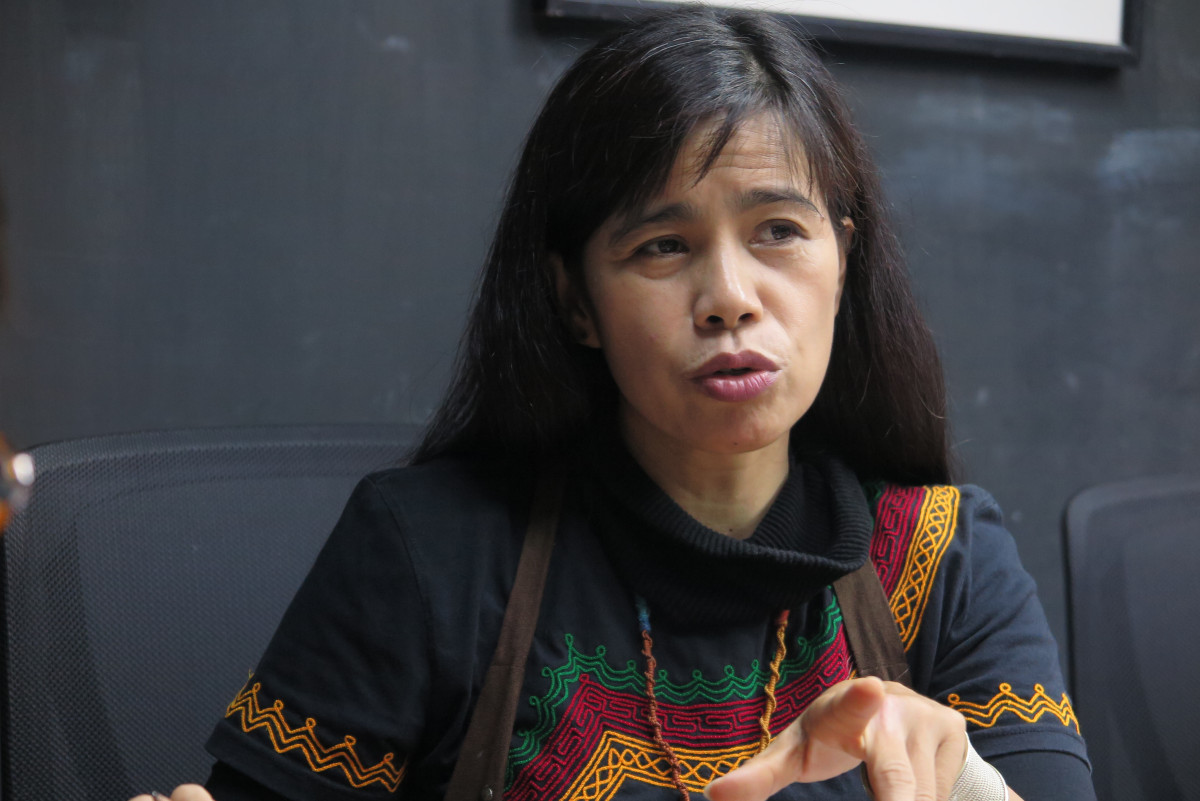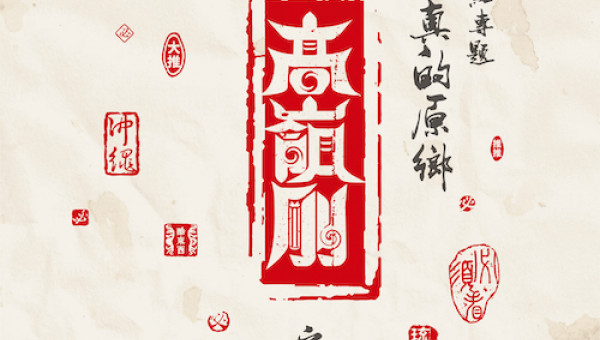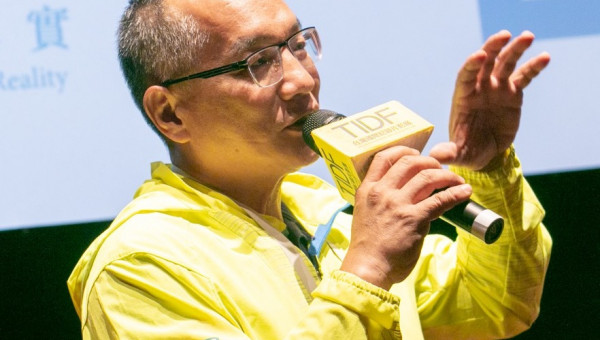Interview with Si Yabosokanen for 2021 TIDF 'Taiwan Spectrum'

Please discuss your motivation and purpose for filming And Deliver Us From Evil (2001).
In traditional Tao thinking, to be diseased is to be possessed by evil spirits. Elderly people with chronic illnesses are seen as inauspicious and thereby left to live separately from their families and lacked nursing care. As a nurse, I had plenty of feedback from individual care cases and was searching for a solution to this problem. At the time I was still looking so the film does not provide an answer, but I was hoping to stimulate a discussion that could help these people. Outwardly, I wanted to use this film to communicate to the Han Chinese majority on the main island of Taiwan that Orchid Island’s (Lanyu) underlying medical issues had yet to be solved and in doing so to seek resources in assistance. Inwardly, I had found a home care association on Orchid Island and the film was an effective tool for promoting the association and recruiting volunteers.
The film shows a struggle between medical concepts and traditional beliefs, what feedback did the audience give you at the time?
The issue was still very taboo on Orchid Island when we showed the film, nobody wanted to talk about it. It felt as if battling with very deeply rooted traditional culture. The feedback was of two extremes, most elders were unable to accept the film, but some were extremely grateful, especially those who had received individual care from us. In fact, I understood that these would be the reactions; however, if we hadn't done it in this way, the issue would have remained invisible.
While you were making this documentary you participated in the Full Shot‘s Local Documentary Filmmakers Training Scheme. Could you share your experiences with us?
The Full Shot Foundation held a documentary film training camp on Orchid Island, where about 15 participants shared the footage they had collected. Due to the restrictions of traditional culture, the male students knew very little about the realities of nursing care, while the female participants might never have seen a collective fly fishing session in action, so they shared their experiences with each other. As a front-line care worker, I was really close to the care cases and my film work was able to reveal this relationship, the filming style was very intimate with the subjects. Full Shot did not want to change my way of filming, nor did they try to teach me too many techniques; they preferred to allow for an organic expression. In the end, I managed to decipher and explain all the self-contradictions and conflicts I encountered during filming. For example, normally the director will avoid entering the shot, but I chose to assist the care subjects when necessary and if the footage touched upon private matters, I wouldn't use it. I think the Full Shot instructors were more focused on guiding the students to employ their own ideas and tell their own stories. I did at one point hope to be given a precise story outline, but in the end it was through discussion that we learned to express the underlying context more clearly and to elaborate how we wished to enter our respective topics.
You once said that And Deliver Us From Evil was an unfinished work. Almost 20 years later, how do you think this film has affected you?
It was a key turning point in my personal growth. A nurse's education is always ‘one command, one action,' so documentary filmmaking really widened my horizons. I didn't know you could use your own voice to tell stories. The first time I participated in a documentary film festival, I saw a film master, WU Yii-feng, discussing openly with the students about his works. It took my breath away. Because the documentary film is of course subjective, everyone has a different way of narrating a subject. As long as your argument is persuasive, there is no right and wrong.
Based on your own creative experience, how do you view Indigenous directors using their hometown as subject matter for their films?
My second film, Si Yabosokanen (meaning ‘people without food’, 2007), originally titled as Final Resting Place, referred to a final residence in the life journeys of the elderly who now lived separately from their families. I originally thought these elders were plain tragic; however, during the filming process I completely changed my attitude toward them, because they did not think that they were unfortunate, they only hoped that their children would continue to deliver food. That was just how they viewed and valued their own lives. When filming And Deliver Us From Evil, I was full of doubts and questions, but once I'd started filming my second work I had a greater understanding of this way of thinking and had begun to accept this layer of our culture. Therefore, for me film is a tool, but it's also inheritance and understanding.


